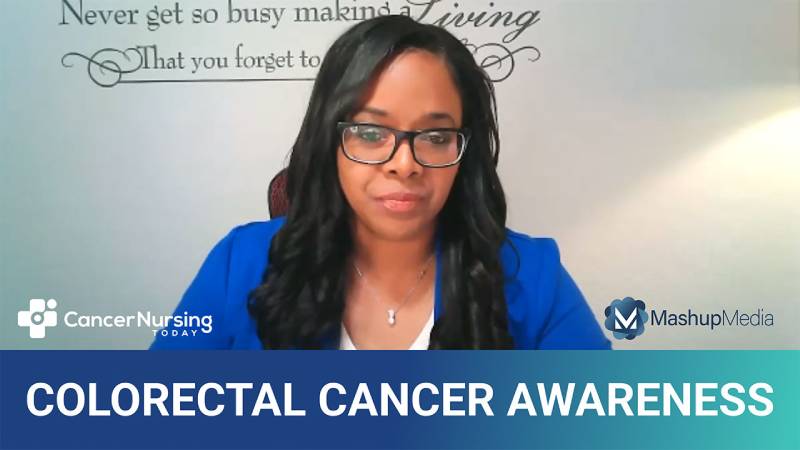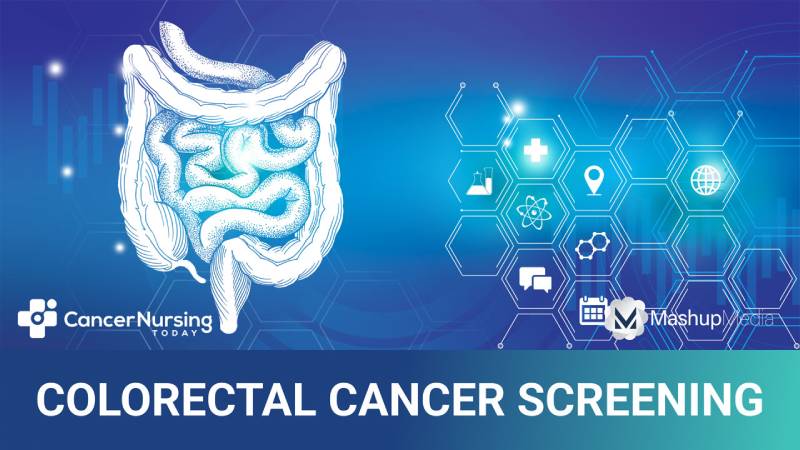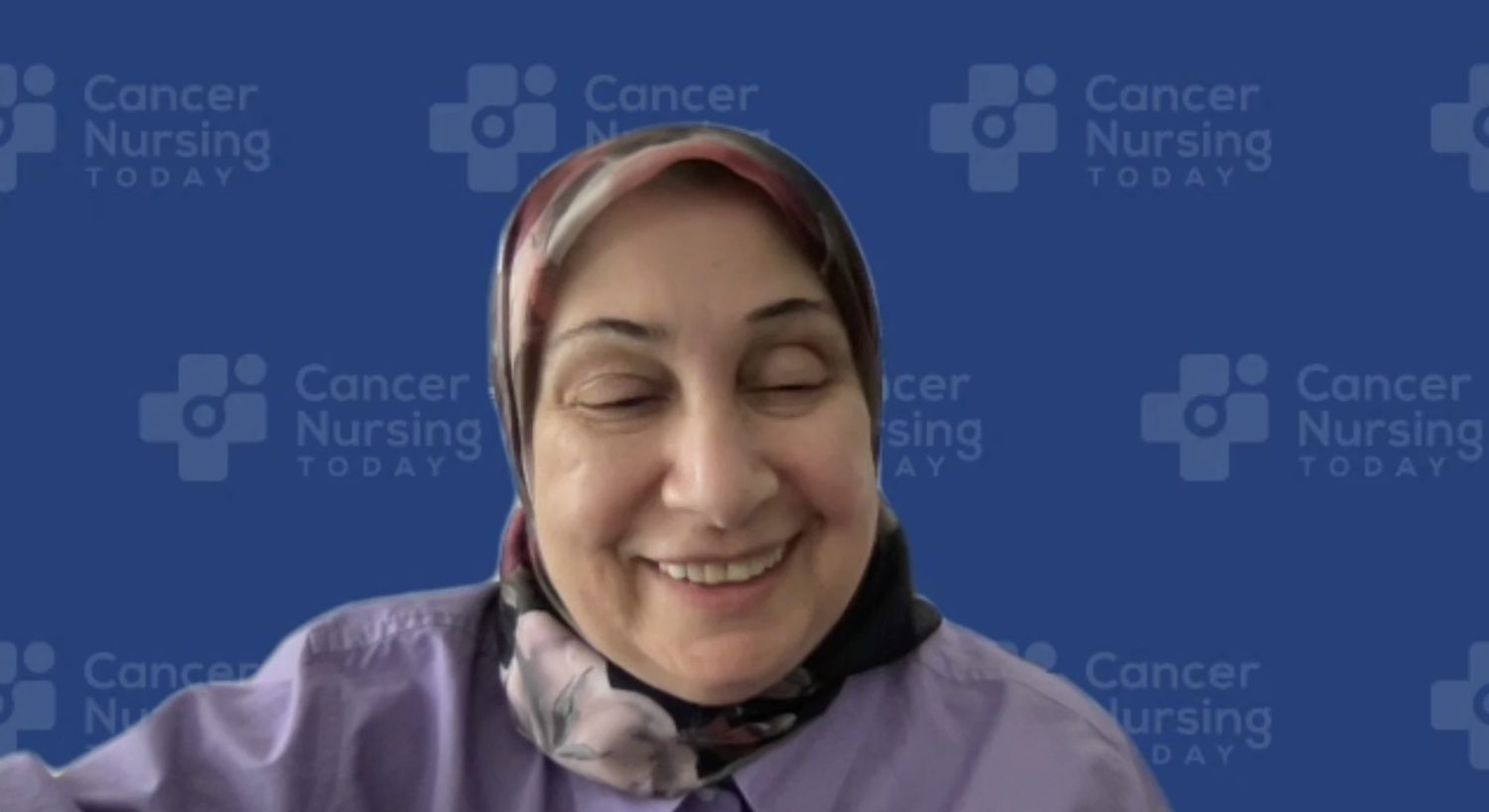Colorectal Cancer
Advertisement
Health-related quality of life is at a “high risk for deterioration" in survivors of colorectal cancer.
Lisa A. Hall, MHA, CDP, of the Colorectal Cancer Alliance, speaks about the importance of Colorectal Cancer Awareness Month.
Learn how nurses can help patients understand their risk factors and find a screening option that is right for them.
An online quiz provided over 30,000 CRC screening recommendations from July 2022-August 2023.
Researchers uncovered a "particularly pronounced" link between early-onset rectal cancer and a certain "red flag" sign.
Results of a recent study show why “nursing care of patients with CRC stoma should not be ignored."
Learn how lavender oil can help with odor management, ostomy adjustment, and quality-of-life outcomes in these patients.
Nearly all patients received trifluridine/tipiracil plus bevacizumab as a second-line treatment.
Researchers evaluated how the program affected quality of life, emotional distress, fatigue, physical activity, and more.
Many adults rate themselves as having "inadequate" health insurance literacy.
With rising rates of young-onset CRC, it is critical to ensure this population of patients receives genetic evaluations.
A session at JAPDRO Live 2023, the Annual APSHO Meeting, outlined what providers must know about treating this population.
Nurse-led experiential learning surrounding dietary fiber may improve bowel symptoms better than routine education.
The retrospective exploratory study evaluated the efficacy of trifluridine and tipiracil in metastatic CRC.
A team of researchers evaluated the efficacy of nurse-delivered acupressure on early postoperative gastrointestinal function.
Researchers evaluated the biopsychosocial and spiritual impacts of mindfulness and Baduanjin qigong in survivors of CRC.
The panel shares best practices for managing EGFR inhibitor-related rash and nausea symptoms.
The panel shares side effect management tips for toxicities such as hand-foot syndrome, neuropathy, and more.
The panel discusses later-line treatment for metastatic CRC and reviews outcomes of the SUNLIGHT clinical trial.
The panel talks about maintenance therapy for this patient population.





















 © 2025 Mashup Media, LLC, a Formedics Property. All Rights Reserved.
© 2025 Mashup Media, LLC, a Formedics Property. All Rights Reserved.